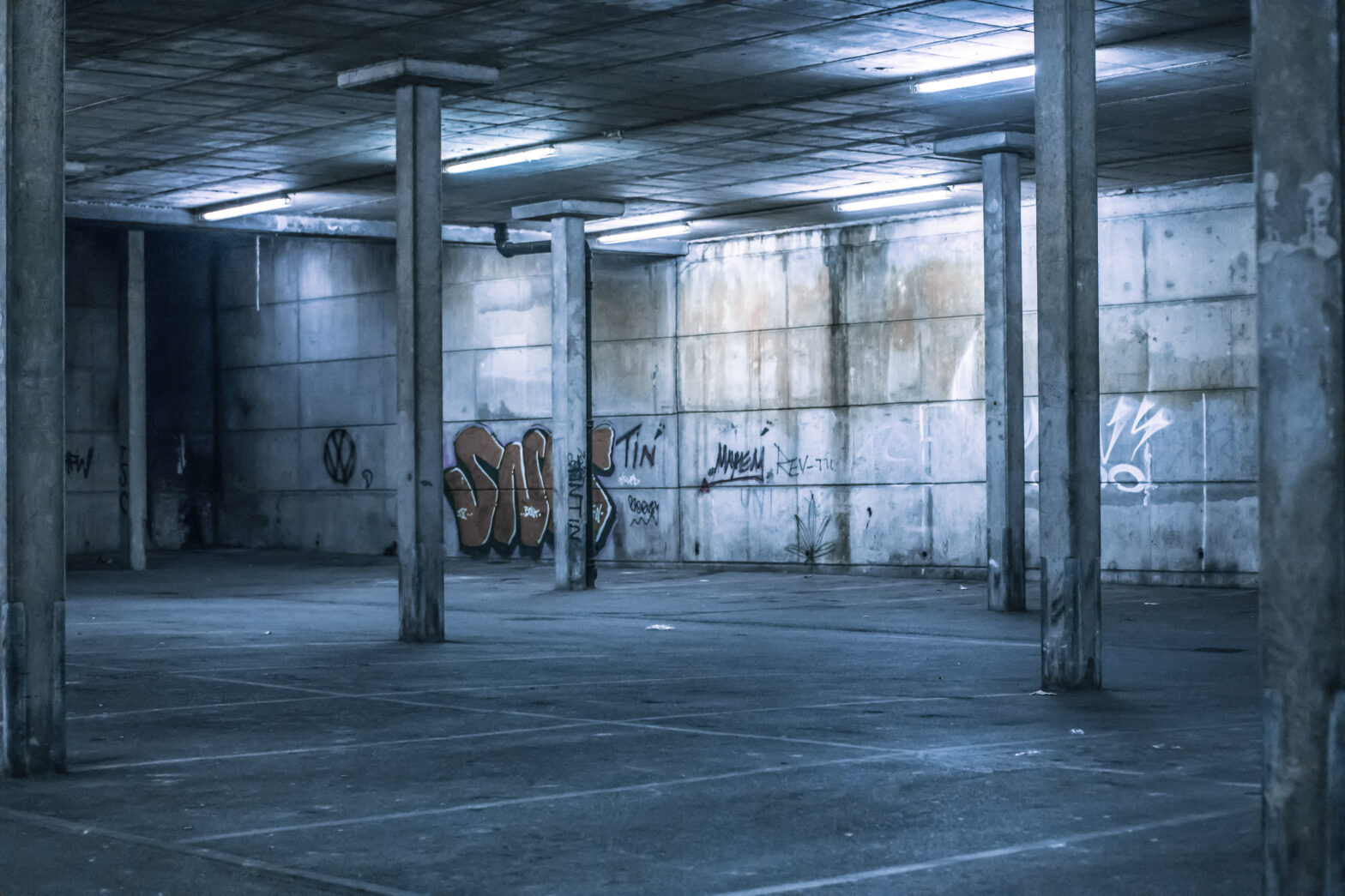The crux of the issue is that there is a shortage of housing for the growing population which not only leaves many without a suitable home but it also increases property prices – making even the average-priced home beyond the reach of many. Modern culture has even noted the trend in memes.
Although it’s now against the law to enter and occupy someone else’s empty property there are many cases of people who have been squatting for years, or even decades, finally being given ownership of them. In many instances their causes have been helped by the fact that since taken over the properties in a very rundown state they have made them habitable and the courts have looked favourably on this. Squatters maintain the quality of community assets, and stop areas being forced into disrepair, in an ever worsening cycle.
Squatting is still legal in property that’s considered to be non-residential and, provided that squatters don’t cause damage, steal, illegally use gas or electricity or fail to move out after a court order, they are perfectly within their rights.
Unfortunately the illegal occupation of residential property does still happen when properties have been left empty for some time. For owners this constitutes a dramatic loss of capital. For landlords it’s ruinous. Luckily the laws governing the eviction of illegal squatters are robust and easy to enforce. If action is taken 28 days or less after first discovering the squatters, then it’s a case of issuing an Interim Possession Order. Over this time a Claim For Possession is needed.
While the claims that are successful normally include individuals that look after and care the empty properties, it doesn’t stop those whose claims are likely to be rejected from inadvertently damaging the property. Unoccupied homes can also suffer other problems that spiral into much bigger issues. For an occupied building a water leak cause significant problems, but when spotted can be dealt with immediately. Problems can arise in empty buildings that aren’t resolved until the next time they’re visited. There are insurance options that provide assistance for unoccupied homes in particular, but finding ways to avoid the damage in the first place, such as draining the pipes, strong anti-burglary devices, and regular reviews (particularly in the winter months) can mitigate the results of any damage.
Squatting represents a major challenge to landlord’s business interests as well. Naturally the size of the business can change, with landlords varying from owning one house to super-landlords with hundreds of properties around a vast geographical area. The risk, and damage also changes. A landlord with only one house may find it much easier to check for squatters, with larger landlords finding it trickier to make the rounds more often, but on the other hand find it less disastrous to lose the asset. Luckily the law is in their favour, meaning it’s unlikely that assets as large and expensive as houses are lost.
Damage to houses can also provide a large amount of strife, and expense if the problems aren’t resolved. Water leakages, structural damage and cracks can become major problems. Where squatters are involved, these problems may even be man-made. Asset management is important for landlords to ensure that they’re reviewing their properties on a regular basis, otherwise the potential damage may highlight a loss in equity over time.
There are calls that with an estimated 200,000 homes in the UK that have been unoccupied for at least six months, de-criminalising squatting could be a fair solution to the housing crisis. Those homes that are currently empty are made available for individuals looking to find a home of their own.
It’s an idea that landlords and property owners would never favour as it not only reduces the value of their own property assets, as well as increasing the risk of losing properties well situated for taking new tenants.







